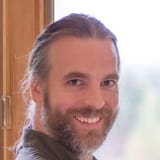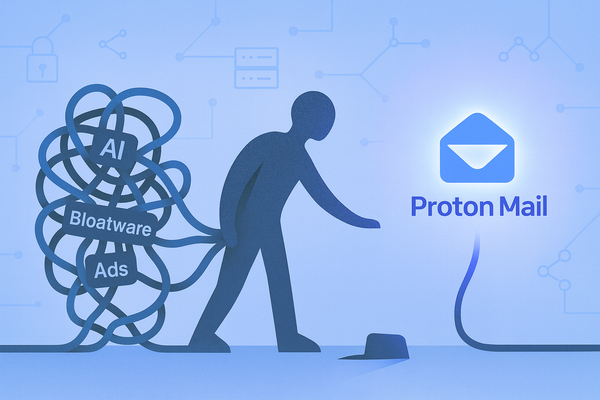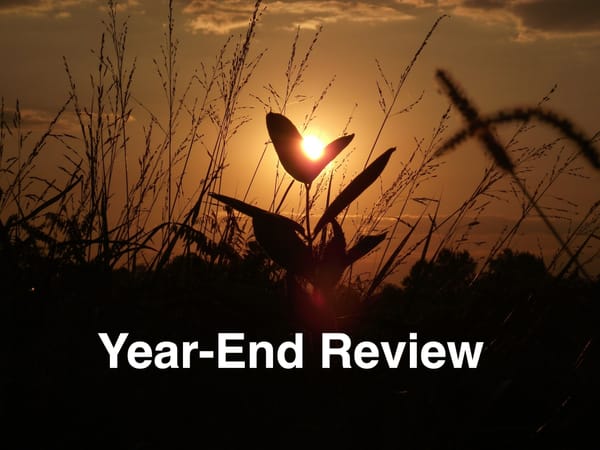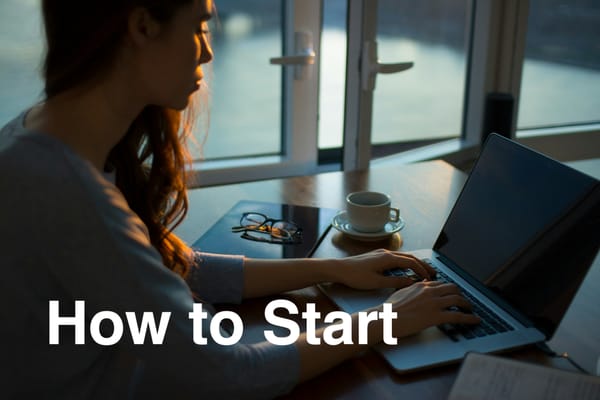Book Summary: Slow Productivity
A summary of key concepts for clinical research consultants from the book Slow Productivity: The Lost Art of Accomplishment Without Burnout by Cal Newport.

A great book on the right kind of productivity in a clinical research consulting business is Slow Productivity: The Lost Art of Accomplishment Without Burnout by Cal Newport.
The overarching theme of this book is to tame your working life to eliminate busyness—tasks that don't move the needle much—and do more useful things.
The book is aimed at knowledge workers, which anyone starting or growing a clinical research consulting business are. Especially those feeling completely overwhelmed—or burnt out—from endless client meetings or the day to day of running a business.
Slow Productivity is broken down into 3 parts:
- Simplify your to-do list
- Work like a human
- Focus on quality
Clinical research consultants are actually, what I think, the most able to take advantage of the strategies in this book since we have more control over our schedules than employees.
I will give my opinions and what I think are the main takeaways for those starting and growing a clinical research consulting business.
Let's dig in!
#1 Simplify Your To-Do List 🗒️
A temptation for anyone starting or growing a business is to use busyness as a metric for productivity. However, this can lead to endless task lists, working enormous hours, and burnout.
To solve this problem, many productivity systems focus on teaching how to organize your life so that you can get as many things done—checked off on the to-do list—as possible.
The author offers an alternative.
Why not engineer your life to reduce or eliminate relatively meaningless tasks—such as back-to-back-to-back meetings—and focus on important work.
For clinical research consultants we could be eliminating social media, sending email, constantly tweaking our websites or invoice templates. This would free us to focus on more important work like solving problems for our clients.
Simplification Strategies ♟️
The author offer many strategies to simplify our lives, here are a few highlights:
- Reduce your Projects - In addition to the real work a project requires, there is regular tasks overhead (such as email and meetings). If you work on too many projects at once you can find yourself working on only the overhead and not the real work! Work on less projects at a time and you will get more significant work done.
- Schedule Projects - The author makes a great point to use your calendar and schedule projects. Then, if a new project comes along and you don't have any chunks of free time in your calendar, you can pass on the project.
- Outsource - Use professionals—and software—to free up your time. Bookkeepers, accountants, lawyers, and paid software (such as Microsoft Office, Adobe, and Endnote) can save enormous amounts of your time.
#2 Work Like a Human
When task lists are far too long and we are overworked, there is a tendency to work at an unsustainable and unhealthy tempo.
Generally, more than 8 hours a day in a rushed state, with work spilling over into the weekend. Jumping from one fire to put out to the next.
As the author points out, this is not a human way to work. It is more indicative of a production robot in a factory.
A more human way to work is not to rush, but take your time on important work. If there are busy days, balance them out with slower days or even rest days.
Strategies for More Human Work 👤
The author offers again many strategies to bring a more human element to clinical research consulting work.
- Improve Scheduling - For one, don't let all your days fill up with meetings. The author advises to add meetings and time for deep work to your calendar in a 1:1 ratio. In addition, double your estimates for project timelines so you are not left scrambling at the last minute.
- Take Time for Leisure - Work and life must be in balance. Try not to work or answer email past 5pm or on weekends. In addition, try to schedule long periods of leisure time. For example, as clinical research consultants we have the option of taking the summers off for leisure pursuits. This might not work for everyone, but if you have the luxury it can be a great strategy for fighting burnout.
- Forgive Yourself - You won't be able to always stick to your plans, but understand this and be kind to yourself. You are not a robot, you will make mistakes and find yourself overworked. But remember than self-improvement is a marathon, not a sprint.
#3 Focus on Quality 🌟
The author has written a whole other book on this topic: So Good They Can't Ignore You.
I think focusing on producing the best work you can for the one or two things that make the biggest impact for your clients is the best way to start and grow a clinical research consulting business.
If you strive to produce the best work for your clients that you can., then this will lead to repeat business and referrals. In addition, as you get better and better you can raise your prices and make more money for the same amount of effort. Eventually, you will make more money and work less!
In support of producing the best work possible, never stop learning. Always set aside time every week for continuous learning to be the best at the one or two things that make the biggest impact for your clients.
The author goes one step further and suggests that time be set aside to study other fields. For example, a writer may study cinema to improve their writing.
Summary
This article has summarized key ideas from the book Slow Productivity: The Lost Art of Accomplishment Without Burnout by Cal Newport.
A great overview on reducing busyness and accomplishing more of what actually matters. This book should be considered by anyone starting and growing a clinical research consulting business.
If you found this information useful, please consider sharing. If you want more of this content, please consider subscribing. If you have insights of your own please consider reaching out to me. Get in touch!




